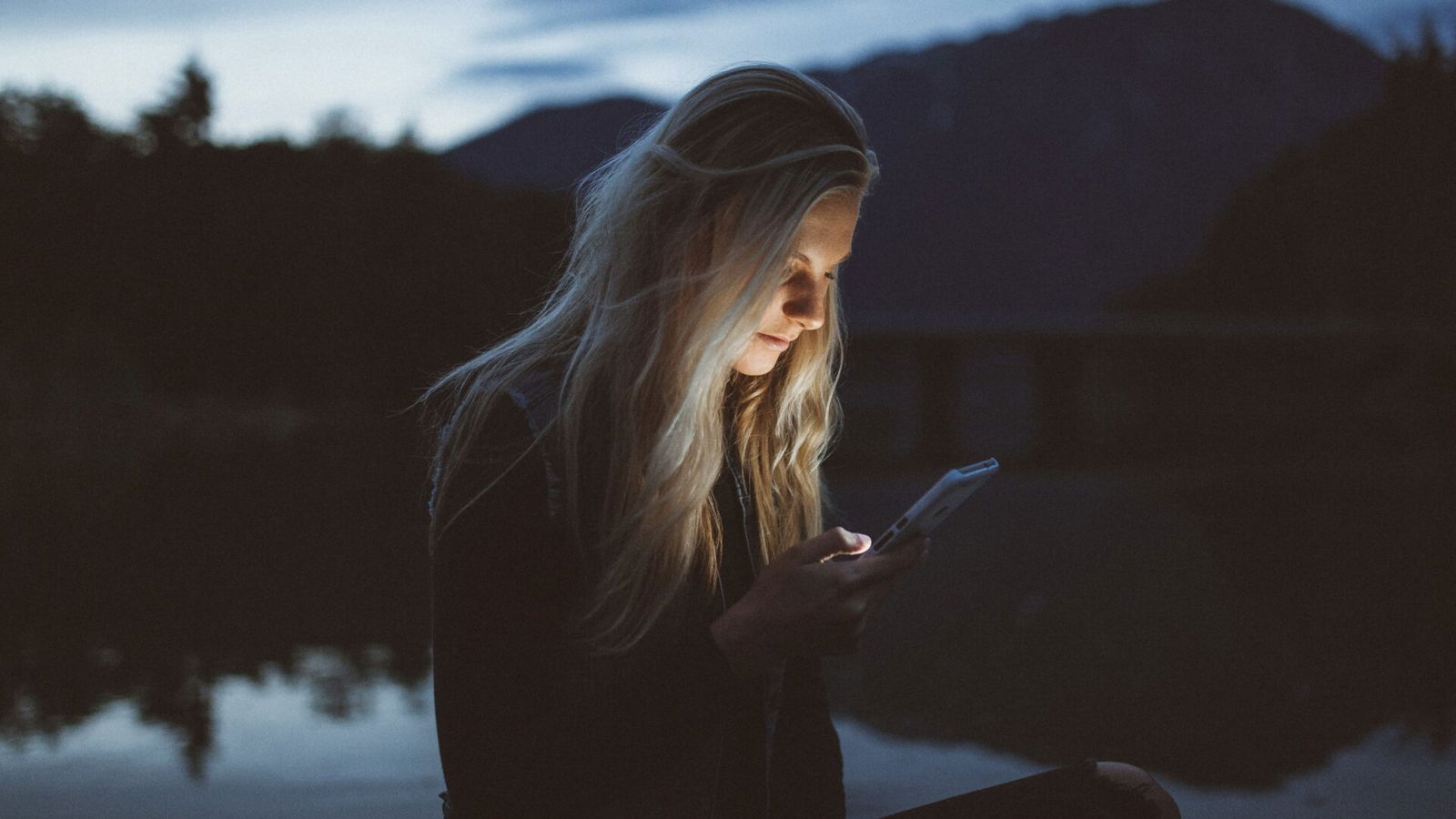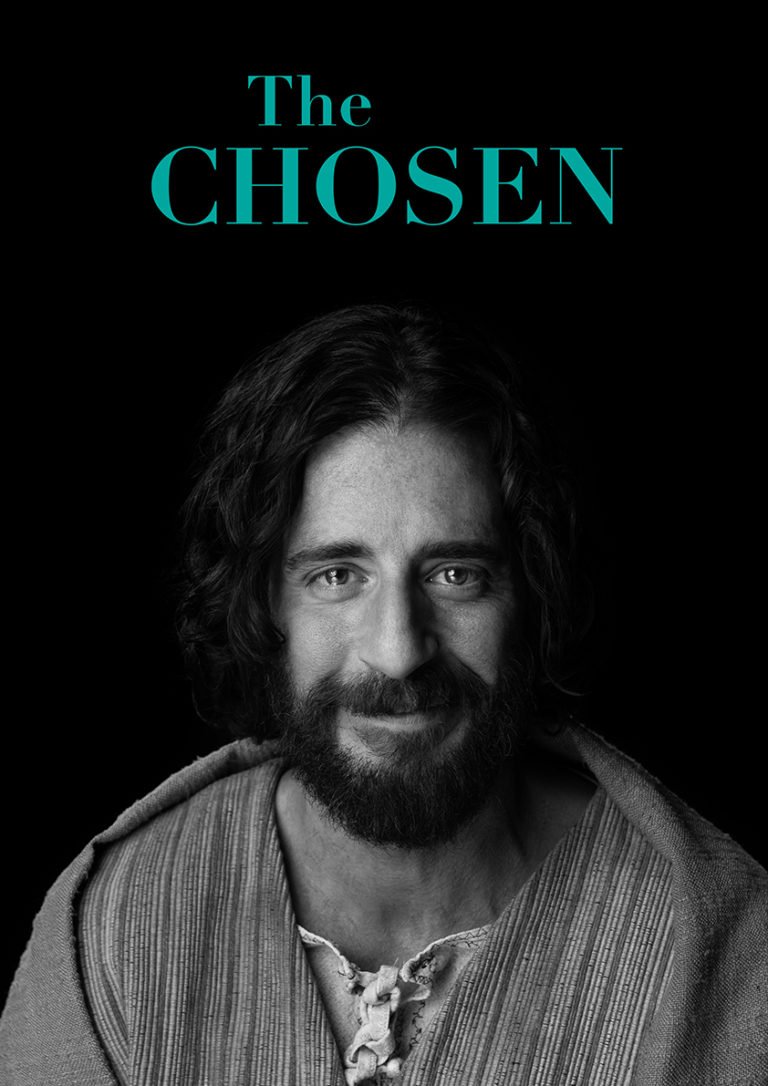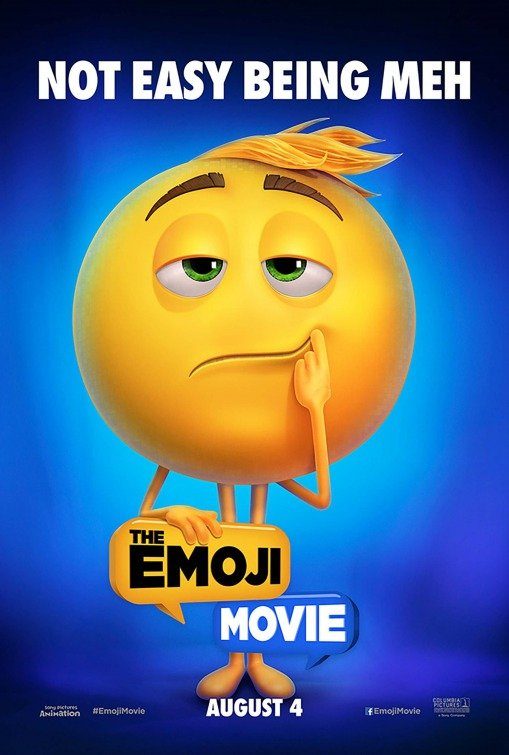
By Michaela Gordoni
Nearly every U.S. teen has a phone, and while there are numerous harmful side effects of social media, a recent documentary has set out to tackle one of them: loneliness.
“It’s unfortunate, but [social media] does serve utility in my life,” said 21-year-old Cooper Klein at TheWrap’s 2024 Power Women Summit. “Social plans are made through Snapchat, and things are posted on Instagram for clubs that I’m in at school, so you need to have it for that reason and you kind of feel bound to it in that way.”
Klein and 20-year-old Jonathan Gelfond were subjects in Lauren Greenfield’s FX documentary series SOCIAL STUDIES, which examined LA teens who gave up their phones for the social experiment.
“I don’t want to be on these platforms. I shouldn’t be on these platforms, and I want a way to get off, but there is this weird hole that I think a lot of people resonate with,” Klein said.
“Why am I so engrossed by this?” she asks. “Why am I so engaged by this? And I think as each year passes for me, I’m getting better and better at distancing myself and cutting myself off of it.”
Screens are replacing human interaction. What might have been a conversation is now a click.
“We lost a lot when ‘friend’ became a verb,” says Dr. Michael Rich, director of the Digital Wellness Lab and the Clinic for Interactive Media and Internet Disorders.
Related: Adolescence Screen Time Spikes Risk of This Mental Health Disorder
“Social media advertises itself as increasing our connections to each other, but several studies show that people who spend more time on social media are actually more lonely, not less,” said Jean Twenge, author of iGen: Why Today’s Super-Connected Kids Are Growing Up Less Rebellious, More Tolerant, Less Happy — and Completely Unprepared for Adulthood.
Australian lawmakers know this and have done something about it just this month. The country passed a law that will ban social media for anyone under 16, starting next year.
“I think that all starts with the facility that allows you to be on social media, which is the cell phone itself,” Gelfond posed. “Because nowadays kids are getting phones in fifth grade, and despite age restrictions, I’m sure have been creative to figure out how to pass the 16-year-old age restriction on social media.”
“One of the things Cooper says in Episode 5 is, ‘Will we exist if we’re not online?’” Greenfield said. “I think it’s only when there’s collective bans, like in Australia, or like in a whole school, because then they find other ways to socialize.”
Gelfond said he wishes he had been protected from social media as a young teen.
“…It would have been a kinder world without social media,” he said. “I think that speaks volumes about what social media facilitates and the kind of atmosphere it facilitates.”
As social media continues to shape teens’ relationships, safeguards like bans could create a pathway to genuine relationships and a “kinder world.”
Read Next: Students Praise School Phone Ban: ‘My Attention Has Skyrocketed’



 - Content:
- Content: 
 - Content:
- Content: 
